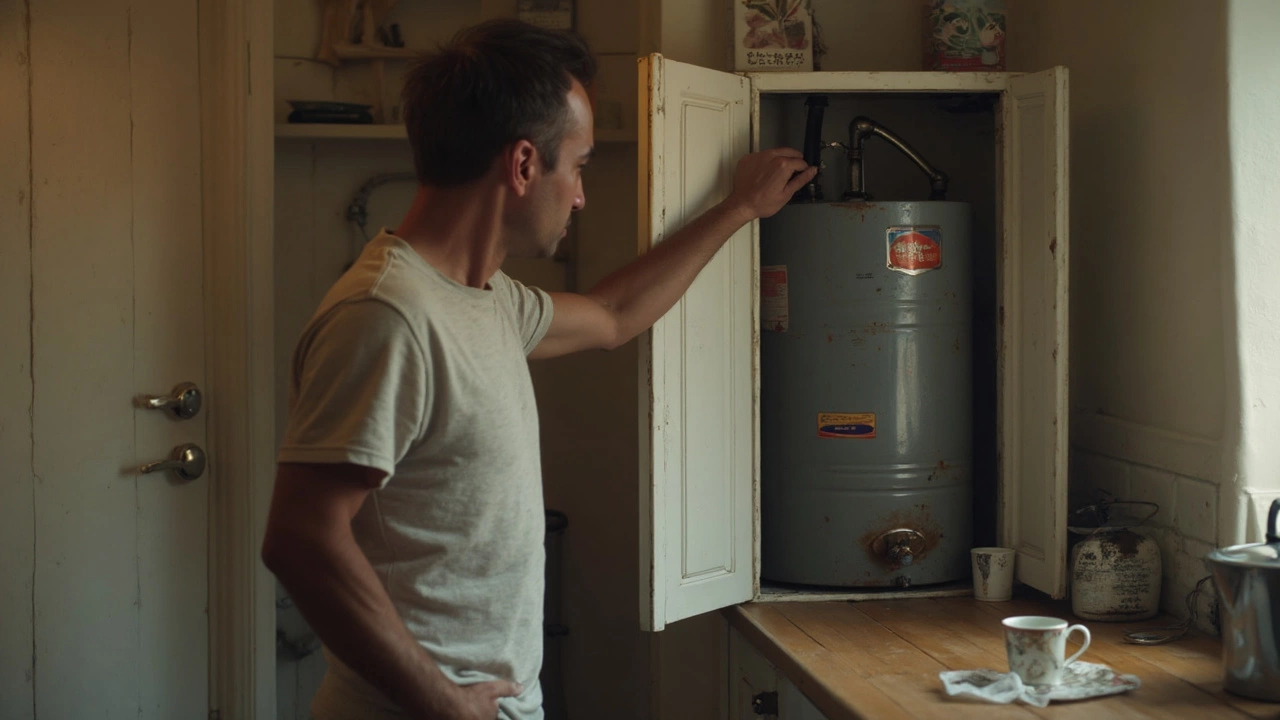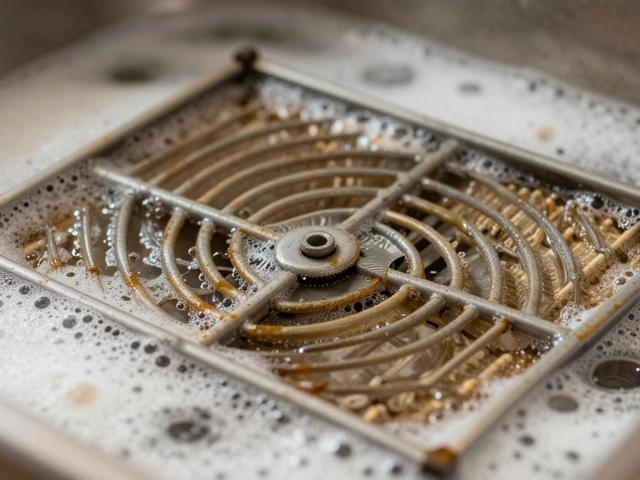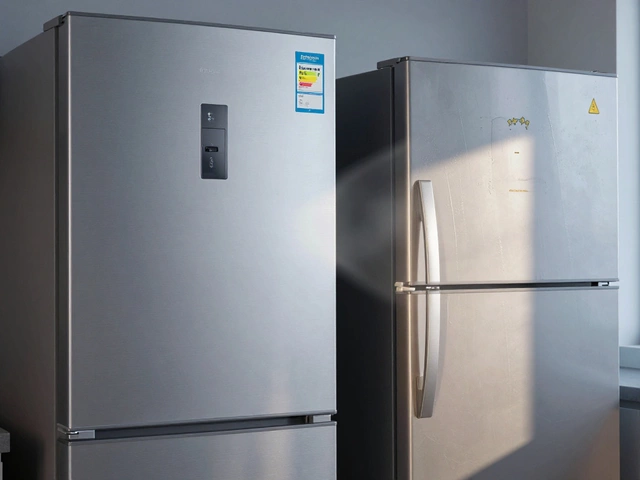20 Year Old Water Heater – What to Do Next?
When talking about 20 year old water heater, a heating appliance that’s been in service for two decades and may be nearing the end of its functional life. Also known as aging water heater, it often raises questions about safety, efficiency, and cost. Alongside this, many homeowners wonder how a water heater, the device that stores and heats water for household use compares to a boiler, a system that supplies heat and hot water throughout a home when both are getting older. Understanding the appliance lifespan, the typical years a device can operate before major failure becomes likely, helps you decide whether repair or replacement makes sense.
Key Factors That Decide Repair or Replacement
First, safety is non‑negotiable. A 20‑year‑old unit may have corroded tanks, worn seals, or outdated electrical components. If you notice leaks, strange noises, or a foul smell, the risk of a burst or electric short jumps up dramatically. Second, efficiency matters for your wallet. Older heaters usually run at 60‑70% efficiency, meaning they use more energy to heat the same amount of water, hiking up bills. Third, repair costs versus new‑unit prices form a clear decision point. A typical fix—replacing a thermostat or heating element—might cost £150‑£300, while a brand‑new high‑efficiency model starts around £800. If the repair cost exceeds half the price of a new unit, replacement usually wins.
Beyond the numbers, consider the impact on your home’s overall hot‑water system. When a water heater shares piping with a boiler, a faulty heater can cause pressure drops that affect radiators and showers alike. That interdependency means a broken heater might force you into emergency boiler service, adding hidden fees. Also, newer models often include anti‑scale technology, which reduces mineral buildup and extends the life of connected pipes. By upgrading, you protect not just the heater but the whole hot‑water network.
Another angle is environmental benefit. Modern water heaters use less energy and emit fewer greenhouse gases. If your current unit is pulling more power, you’re indirectly contributing to higher carbon output. Switching to a high‑efficiency or hybrid system can lower your household’s carbon footprint, and many energy‑saving schemes offer rebates that offset purchase costs. Finally, think about future maintenance. An old heater will likely need more frequent service calls, each adding time and expense. A fresh unit typically comes with a multi‑year warranty, giving you peace of mind and fewer surprise trips to the plumber.
All these elements—safety, efficiency, cost, system impact, and environmental factors—interact to shape the right choice for a 20 year old water heater. Below you’ll find a curated collection of articles that dig deeper into each topic, from spotting early warning signs to comparing repair costs and new‑model features. Use the insights to weigh your options confidently, whether you decide to fix the old unit or invest in a newer, greener solution.
Wondering if it makes sense to fix a 20-year-old water heater? This article breaks down signs of aging, what repairs might actually work, how much repairs can cost, and when you should call it quits and replace the thing. You'll get no-nonsense tips to help you make a smart choice before throwing more money at a tired water heater.


